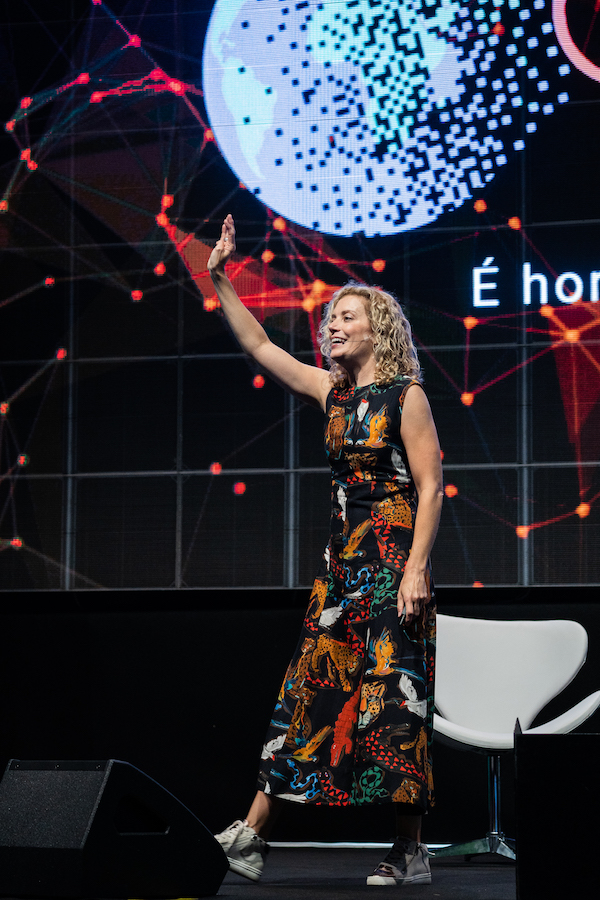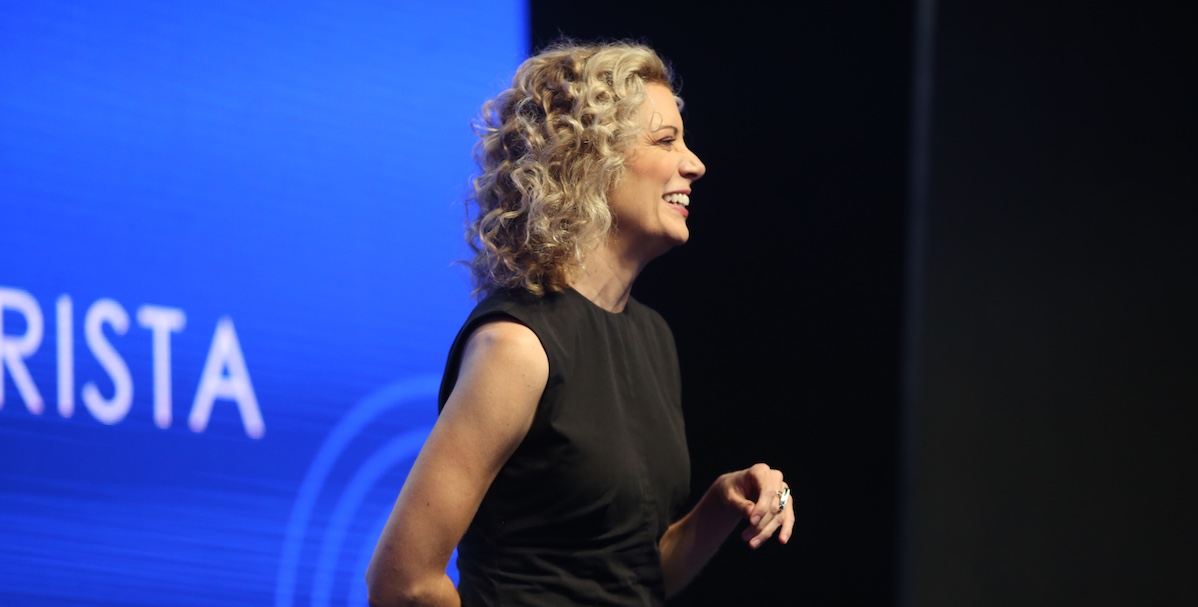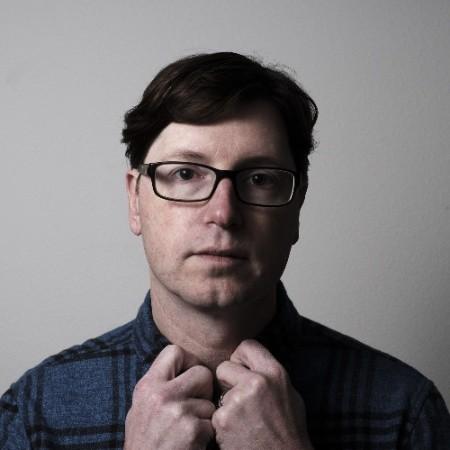A chance encounter several years ago with Peter Diamandis, founder of the X Prize Foundation and co-founder of Singularity University, started Elatia Abate’s career as a futurist. Diamandis spoke at a conference about autonomous trucks, the technology behind them and how they were going to disrupt so much of business as we have come to understand it.
“On the one hand, I was excited. I am a fan of innovation and future-forward thinking,” Abate says. “However, I had the realization that people’s jobs and entire industries could be drastically impacted, potentially leading to job loss at scale. This hit me particularly hard because I was born and raised in Detroit, a city dramatically changed by the impact of technology on work and our working worlds.”
So, she began to research what was happening and in January 2017, put everything she owned into storage, save what fit into a carry-on suitcase. She then set out to use her life as an experiment to discover how we can all empower ourselves in an age of outsized disruption.
“The decisions that have had the biggest impacts on my professional and personal lives have been those that came because I listened to that small voice of intuition,” she says.

Inspiration is hiding everywhere
Abate is a keynote speaker at MPI’s 2023 World Education Congress (WEC), June 13-15, in the Mexican Caribbean. Her discussion, “The Future of Now: Three Strategies to Prepare in a Period of Accelerated Change,” will help attendees calmly navigate the now and the future. They will learn how to shift from outdated strategies and work paradigms to forward-thinking models that are needed for success. Attendees will also learn how to design and identify fulfilling opportunities despite the unknown.
One strategy that can help meeting and event professionals add value to themselves—and, in turn, to their organizations—is by adopting a posture of lifelong learning and an attitude of curiosity, Abate says.
“The world is changing so quickly now that even if you are the most experienced meeting planner on the planet, the context within which you are working is shifting all the time,” she says.
Abate suggests putting yourself into places and spaces where you can learn new content and experience new perspectives. These can be classrooms, conferences and online learning courses related to an industry. They should also include things completely outside of the day-to-day because inspiration is hiding everywhere.
“Take yourself to an improv comedy class. Try breathwork or yoga,” Abate says. “Anything that can help expand your perspective on the world.”
Thrive in an AI age
Abate understands that change can feel scary to a lot of people. Resistance is understandable.
“It can feel like our old way of doing things is being threatened, that our very intelligence and expertise is called into question and that we might have to leave behind some things we have always loved to do,” she says. “That said, change is here. So, better to prepare.”
Organizations should focus their time on future-preparing themselves—understanding new technologies that are going to impact how business is done, figuring out how to lead strategy in a world where the rate of change has moved from incremental to exponential to instantaneous and learning how to strengthen their leadership in the face of this change, Abate says.
“Attempting to future-proof is futile. Like attempting to mop up the water of the Pacific Ocean, we can’t stop the tides of change,” she says. “However, we can learn to surf those waves.”
One change gaining ground in the workforce is artificial intelligence (AI). The meeting and event industry isn’t immune, either. Abate says that AI can be used to support and enable so many things that meeting planners and professionals do.
“Want to fill a conference with business-relevant content? Ask ChatGPT to list the top 10 topics researched in relevant business press over the last two years. Boom. You have conference topics and talks that are going to sell tickets” she says. “Want to brainstorm design ideas for your next conference space? Ask DALL-E to draw up some floor plans along the theme you’d like to build. The list goes on.”
She encourages everyone to begin to learn what is out there and available.
“Spend a week enabling your job with AI,” Abate says. “Watch how much value you create in a short, short amount of time.”
For Abate, the pandemic also increased the urgency that she feels around creating and sharing tools to help people thrive in this age of AI.
“Change is only accelerating,” she says. “Each and every one of us is being offered the opportunity to step into the power of beings and empower our leadership in the face of it.”
.png?sfvrsn=643d6955_0)
Multiplicative generosity
Abate gets excited when she’s helping people thrive in the face of massive change.
“We are on the precipice of experiencing 100 years of technological disruption in the next decade,” she says. “Although the tendency can be to look at the doom and gloom of this, the exciting news is that inside of this change, there is more opportunity than humanity has ever seen. The difference is that it isn’t going to look or feel familiar. So, helping people view the change as opportunity and learn how to capture that opportunity to create a better world is where the juice is.”
She is an optimist, and during the pandemic she ran an experiment in which she invited all her connections on LinkedIn into a 20-minute conversation. During that conversation, she asked everyone the same five questions: 1) How are we connected? 2) What are you up to now? 3) What do you see as the biggest opportunity? 4) What do you see as the biggest challenge? 5) What piece of advice would you share with other human beings?
“Over the course of seven weeks, I spoke with over 160 people in 24 countries. Regardless of what was happening in each person’s life, every single individual was spending a significant amount of their time helping others,” she says. “I call this multiplicative generosity. Human beings are generally up to good. So, this brings me great hope.”



